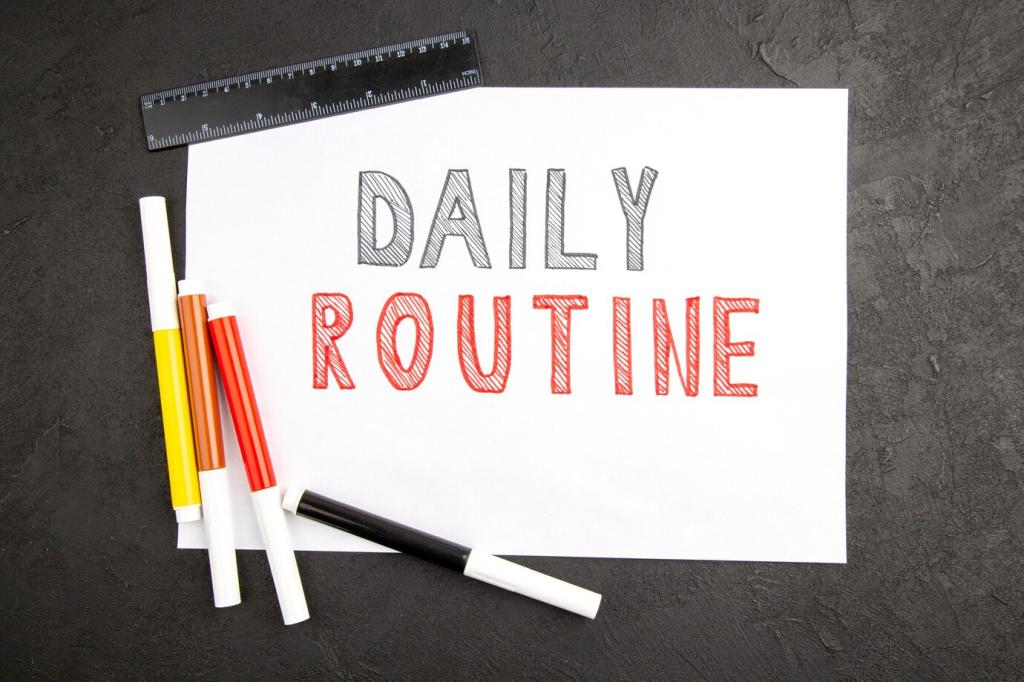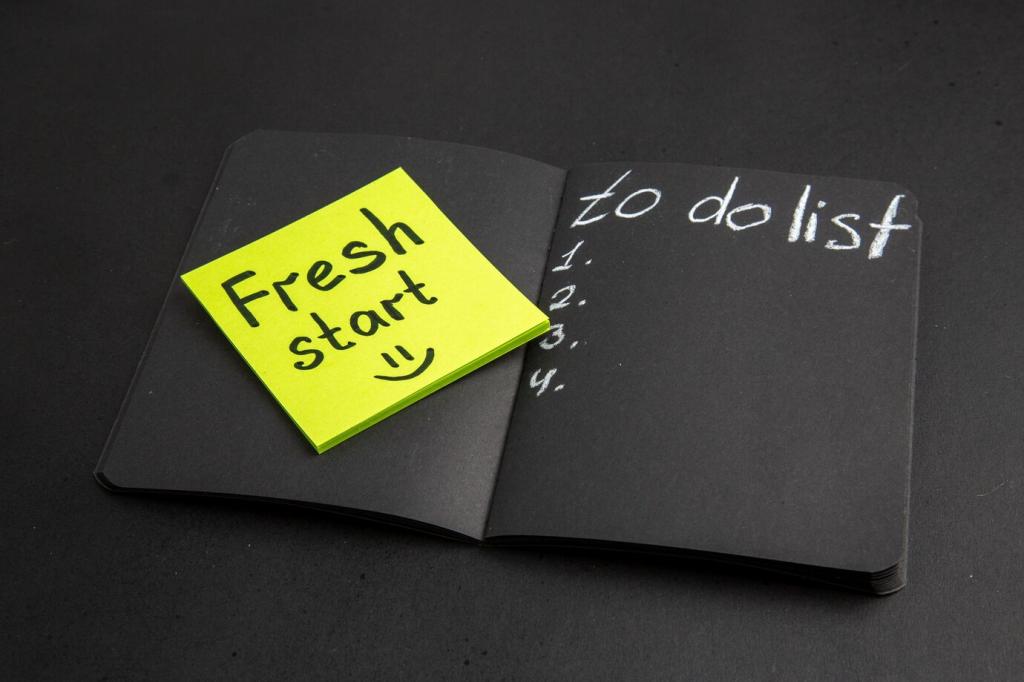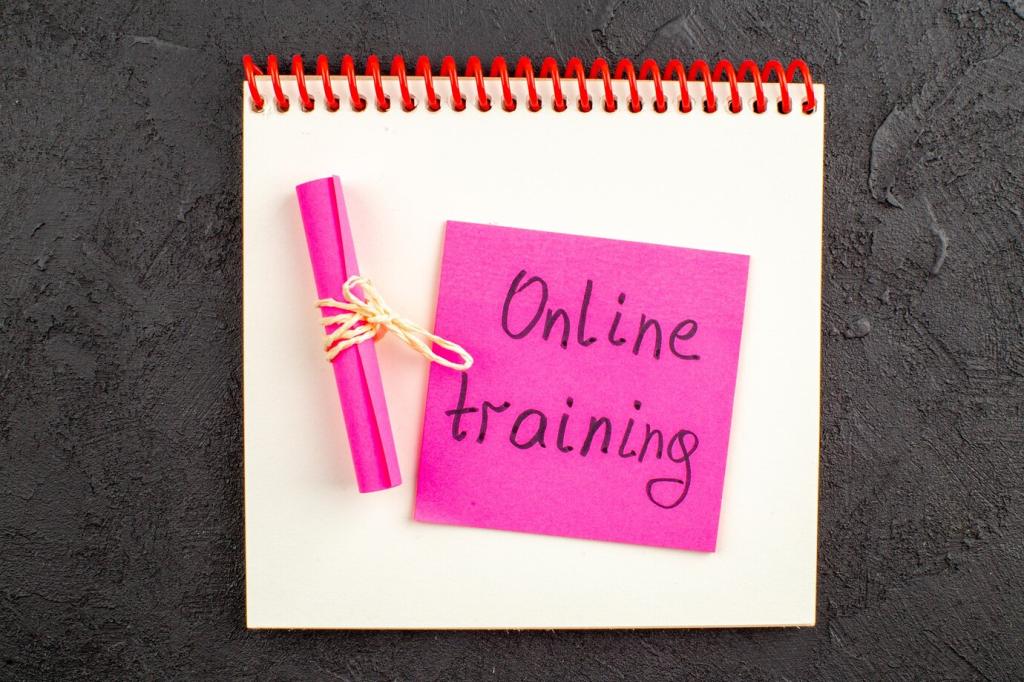The Habit Loop: Cues, Routines, Rewards
Cues hide in plain sight—time, place, emotion, people, even the preceding action. Noticing them is half the win. Identify your strongest cue today and tell us which moment most reliably nudges your routine.
The Habit Loop: Cues, Routines, Rewards
Once a cue fires, your basal ganglia favors autopilot. Ever driven the old route home by mistake while thinking about something else? That’s the script running. Share one routine you’ll rewrite with a gentler, smarter alternative.








